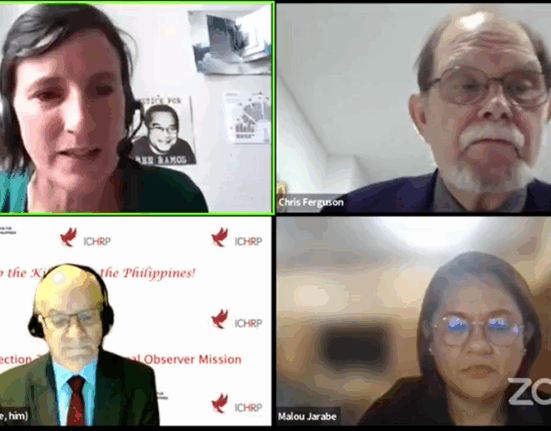In the midst of the Australian federal election, a storm brewed in the political landscape fueled by misinformation. Rednote, a popular Chinese social media platform, became a battleground for spreading false claims about Australia’s citizenship policy targeting Chinese Australians. As experts delved into this murky territory of disinformation, they uncovered a web of deceit spun by migration agents seeking to gain clients through fear-mongering tactics.
Falsehoods Unveiled
These misleading posts on Rednote alleged that prominent figures like Anthony Albanese and Peter Dutton were orchestrating sinister plans aimed at Chinese Australians. One post went as far as fabricating a headline stating, “Australia turns wicked, targeting ten thousand Chinese people,” accompanied by an image of the prime minister. The fictional narrative implied that the government had devised a controversial scheme to expel non-citizens to another nation, directly impacting Chinese communities.
Expert Insights
According to disinformation experts from various Australian universities, such deceptive content not only sows confusion but also poses a threat to democratic processes. They voiced concerns over the limited regulatory mechanisms in place to combat misinformation disseminated in languages other than English. This vulnerability leaves non-English speaking communities susceptible to manipulation and falsehoods during critical events like elections.
As scrutiny intensified on these misleading narratives circulating on Rednote, it underscored broader issues surrounding online misinformation and its potential repercussions on voter perceptions and electoral outcomes. With significant Chinese Australian populations residing in key electorates like Bennelong, where margins are razor-thin, the impact of such falsities cannot be underestimated.
Commercial Exploitation
The REcapture group of researchers specializing in Rednote highlighted how these posts appeared driven by commercial interests rather than genuine information sharing. Immigration and education businesses seized upon existing fears and uncertainties among Chinese migrants to further their own agendas through deceptive practices.
Amid escalating concerns about the influence of misinformation on voter behavior, stakeholders like government agencies and political campaigns found themselves grappling with strategies to address this evolving challenge. While efforts were made to review and counteract these false narratives proliferating on social media platforms like Rednote, questions loomed over the efficacy of reactive measures against proactive dissemination of deceitful information.
Guidance Amid Chaos
In response to this alarming trend, authorities emphasized the importance of vigilant discernment when consuming online content especially during sensitive junctures like elections. The Australian Electoral Commission urged voters to critically evaluate information encountered online and remain alert to potential falsehoods that could distort perceptions or sway choices.
While investigations into these deceptive practices unfolded and stakeholders geared up for an intense electoral battle ahead, one thing remained clear – safeguarding the integrity of public discourse from manipulative forces was paramount in upholding democratic principles amidst a sea of digital noise.
In conclusion, as Australia braced itself for a pivotal election marred by misinformation campaigns targeting vulnerable communities, the imperative for collective vigilance and informed decision-making stood out as a beacon guiding citizens through turbulent waters of uncertainty.









Leave feedback about this